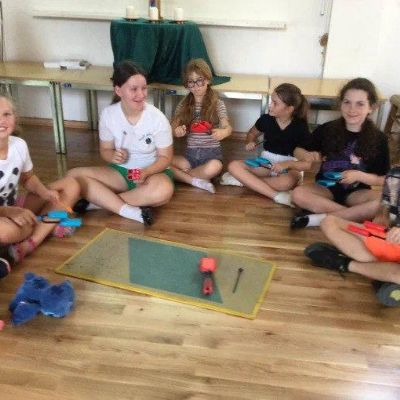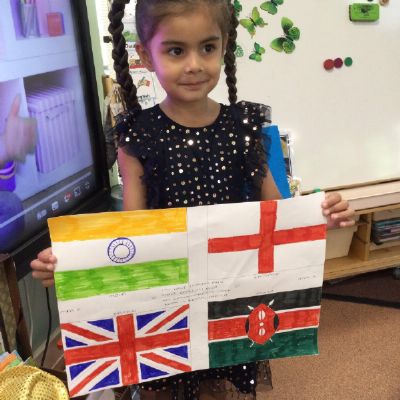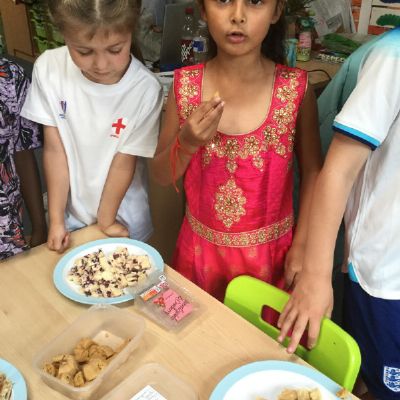Justice and Responsibility
How does the school’s theologically rooted Christian vision create an active culture of justice and responsibility?
At Nash Mills, we firmly believe that there should be a clear culture built where we can all get along well, promoting responsibility towards others and being able to stand up for things that we perceive as being wrong or injust. This follows our overarching aim, through the parable of The Good Samaritan, that we have a responsibility to look out for our community and those within it.
Through developing positive relationships, we support our pupils to have a voice, speaking to different adults where they feel that something is wrong and having 'fire in their bellies' to do something about it. Our House Captains and Reflections Councillors regularly meet with staff, governors and other pupils in school to discuss key issues and consider what they could do about it. Our Eco Council work to look after the environment around our school, considering ways in which we can all be encouraged to improve and look after it. Many of these themes and ideas are communicated to parents through worship and our newsletters.
Great Representation
As a school, we agree that racial justice is a key topic that should be addressed at all levels. During the past year, we have worked with a number of other schools in Hertfordshire to develop our approaches and perspectives on this. To tie in with our vision, this largely centres around the idea of 'Identity'; how pupils are encouraged to be unique individuals, be proud of their differences and curious about others. This is not solely around race, but it was a sound starting point for the work completed.
Much of this work has come through action to weave different aspects of identity within our practice and curriculum. For example, a full audit of the book stock in each class was conducted to ensure that there were books which represented the children in each class. Whole school English units were introduced, which exposed children to those from different backgrounds and with different stories to tell. These included Floella Benjamin's 'Coming to England' and 'And Tango Makes Three' by Justin Richardson and Peter Parnell. Year 6 took part in a trip to Sky Studios, focused on EDI and have, in the past visited the Ben Kinsella Trust.
Within worship, we have a fortnightly session which uses the 'No Outsiders' resource to explore a story from the recent news which considers or tackles an area of discrimination or identity. Past stories looked at have included key events, such as the Invictus Games and a new, autistic engine in Thomas the Tank!
As part of this, in September, we have a 'All Different, All Special' Day, where pupils are encouraged to share aspectsnof their identity with their new classes. This has involved the creation of artwork and poems, cookery and looking at special music. Pupils come to school wearing their traditional dress. It is a wonderful day!
The work that we have completed in this area has been published as part of a collection of reflections from schools who have shown good practice. Our entry can be viewed below:
What is the impact of this work?
Throughout the school, pupils are empowered to be changemakers, courageously advocating for those in need and for things that matter to them. The pupils choose who we support in terms of charities and, in the past year, this has meant that we have moved to a more local focus; providing harvest food to our local church foodbank and supporting Electric Umbrella, a local community group for example. The result of pupil, parent, staff and governor action has also meant that the speed limit outside of the school will soon be lowered to 20mph and the living conditions within local community housing are to be improved.
Our school has attained the Green Flag award for its Eco work and has been able to work with the local district and parish council to improve areas around our school for example by litter picking and planting bulbs.
As specified in other areas, parent feedback through surveys is highly positive including in how we develop the wider child.



